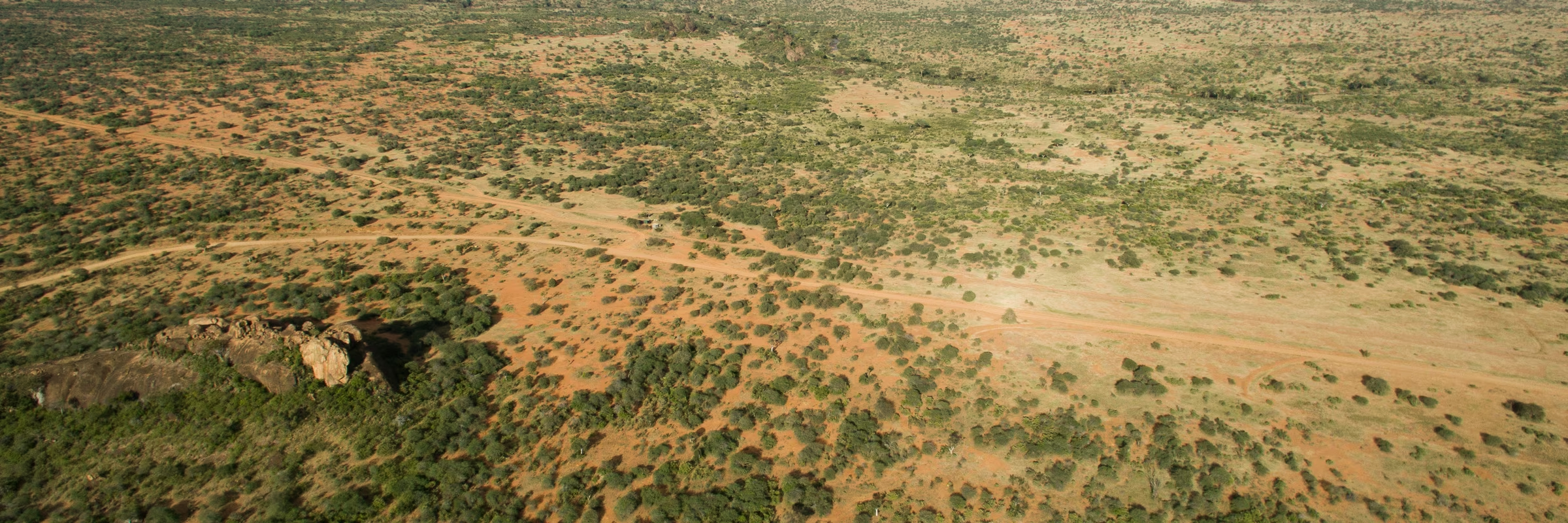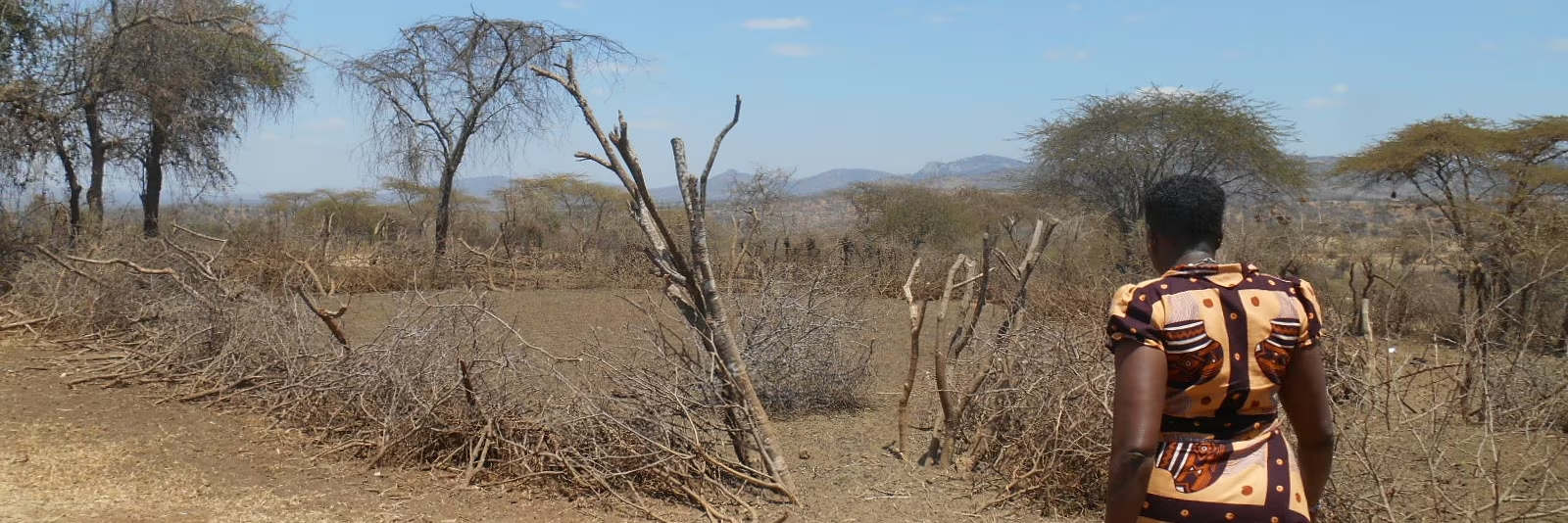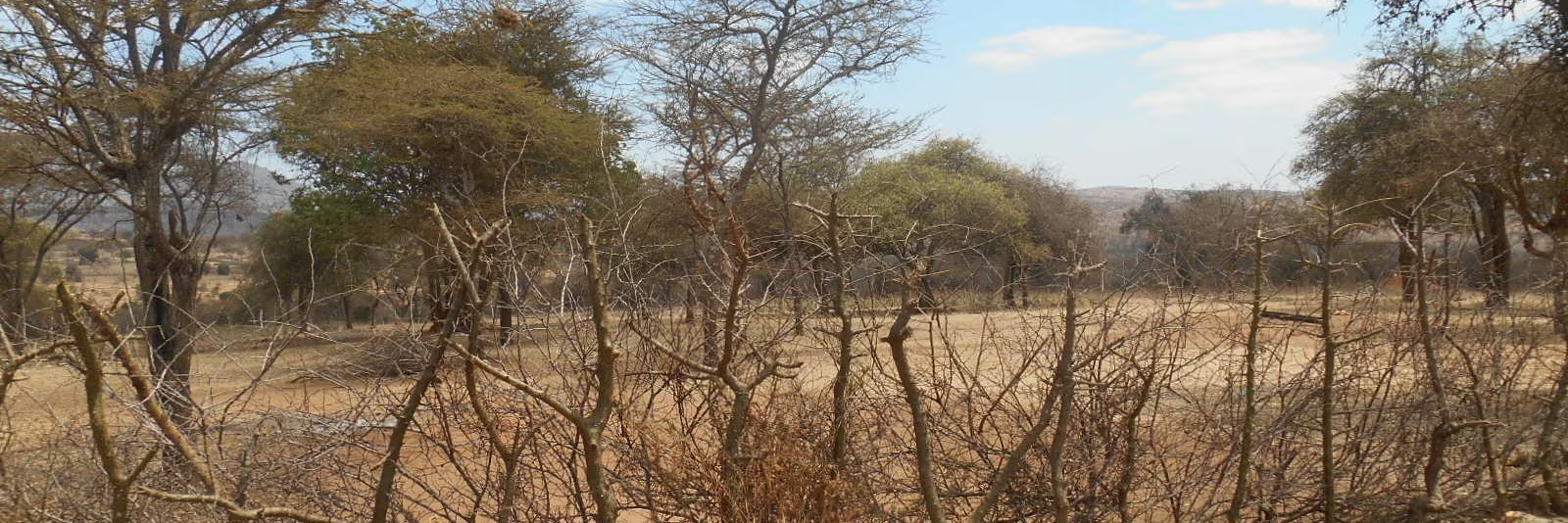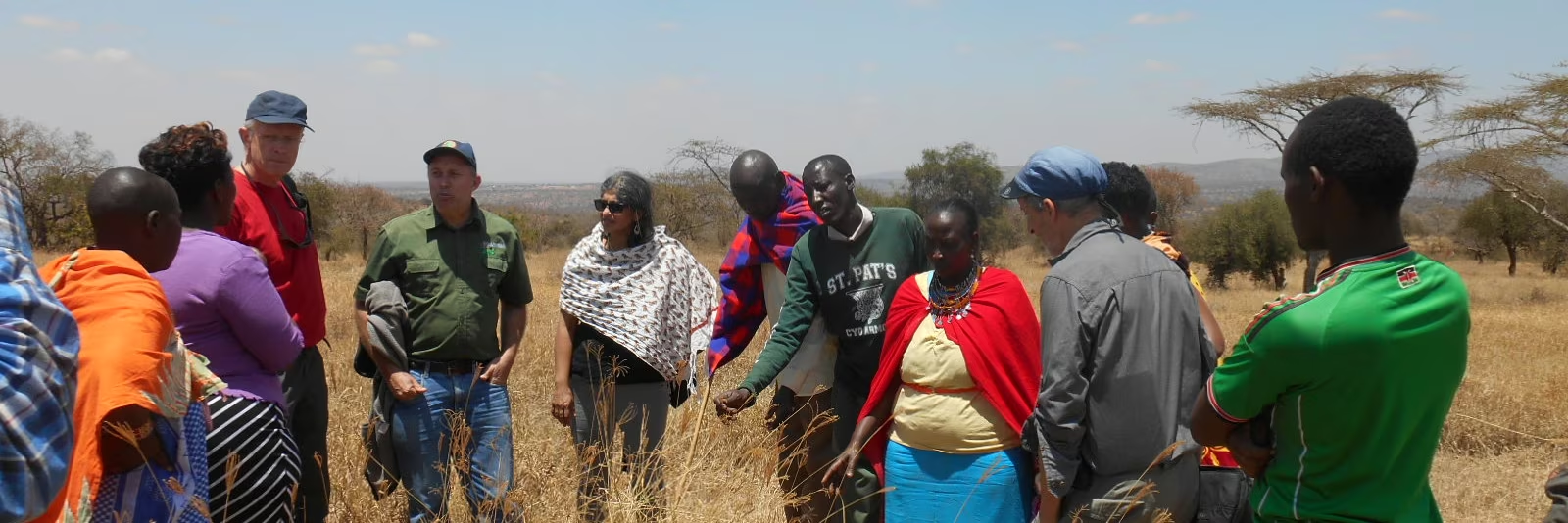Book project: Rangelands – Guidelines to good practices in Sub-Saharan Africa
Production of guidelines on SLM practices for pastoralism and rangeland management in SSA has been identified as a priority activity by TerrAfrica, a programme designed to address the land degradation agenda in Sub-Saharan Africa.
- Home
- Book project: Rangelands – Guidelines to good practices in Sub-Saharan Africa
About the project
Rangelands have been used for millennia by livestock-keeping societies for whom herd mobility is the central management tool. Flexibility in herd sizes and herd movements over large areas, varying labour inputs, and reliance on a wide range of outputs are key strategies pastoralists use to create highly resilient livelihoods in rangelands. Restricting the mobility of pastoral livestock keepers has been shown to disrupt the inherent resource efficiencies associated with pastoralism, causing under-exploitation of some rangeland resources and over-exploitation of others – the outcome being rangeland degradation and biodiversity loss in both cases.
Numerous governments in Sub-Saharan Africa continue looking at rangelands through a narrow economic-productive function and reason that the production potential of rangelands, often termed “marginal” lands, needs improvement. The various environmental and socio-cultural functions that rangelands also fulfil are often not included in development plans, as they do not have a marketable price. Only since the concept of environmental/ ecosystem services gained international prominence are rangelands considered from an “environmental service” angle.
The challenge of climate change and growing incidences of large-scale land acquisition in many parts of Africa are triggering discussion on rangelands, their economic value, and position in public policy. Increasingly, Sub-Saharan rangelands are becoming less marginal. They have become objects of interest for survival, livelihoods, investments, and climate change adaptation and mitigation.
Production of guidelines on “good” SLM practices for pastoralism and rangelands in SSA has been identified by TerrAfrica as a priority activity under the 2015/2016 TerrAfrica Work Program, as recommended by the TerrAfrica Executive Committee (TAEC) in December 2015. Designed to address the land degradation agenda in Sub-Saharan Africa (SSA), TerrAfrica has been set up as an international partnership for scaling up sustainable land management (SLM) in SSA countries. Being investment-oriented, knowledge-based, and country focused, Terrafrica relies on improved knowledge management to support decision-making, sound investment on the ground, and adequate policy, budget, and institutional reforms.
The guidelines, in planning for 2017, are meant to document, synthesize, and disseminate state-of-the-art knowledge on Sustainable Rangeland Management (SRM) and “good” management practices in Sub-Saharan Africa. They will enable programmes and specialists to share their experiences and knowledge, providing them with practical options for improved decision-making to scale up SRM. The guidelines will offer a tool to better target interventions to project beneficiaries as well as to ecosystem services, so as to increase adoption rates and the quality of impact. They are intended for use as a practical guide for investment and operation design and management.
Project results and impacts
Rangelands are central to development in Sub-Saharan Africa. There is a need for new concepts that accommodate global developments such as climate change and large-scale land acquisitions and the growing demand on pressure from different land uses.
Rangeland management has long been dominated by static management concepts. Perceptions are changing but knowledge gaps remain. The challenges to knowledge in this area are even increasing as many other aspects of sustainability are to be included into a holistic rangeland management concept:- Sustainable Land Management
- Supporting biodiversity in rangelands
- Defining sustainable wildlife – human co-existence in Sub-Saharan rangelands
- Defining livestock production on rangelands.
The innovations required for rangeland management in Sub-Saharan Africa are considerable and require institutional adjustment. Exemplary for this challenge is the need to define traditional rights to rangeland ownership or usership. Current systems are inadequate, and are weak in responding to the challenges faced by traditional land owners from large-scale land acquisitions and increasing consumption pressure on land.
The institutional anchoring of innovation in the area of rangelands needs adjustments in many countries. New knowledge is required and may be blended with traditional knowledge.
Besides participation in conventional development cooperation, the participation of women in land-related decisions is central to innovative and inclusive approaches in rangeland management.
The option to use pastoral areas as sources of greenhouse gas sequestration has been tested in some areas. This idea has gained international interest and has also led to the development of sequestration measuring techniques. New income opportunities both for livelihoods and for rangeland management may develop and will also be important for building resilience against climate change impacts on rangelands. These will influence the opportunity costs of traditional uses of rangelands, that is livestock keeping. Science will need to develop methods to include payments for ecosystems services and greenhouse gas sequestration as viable management options for rangelands.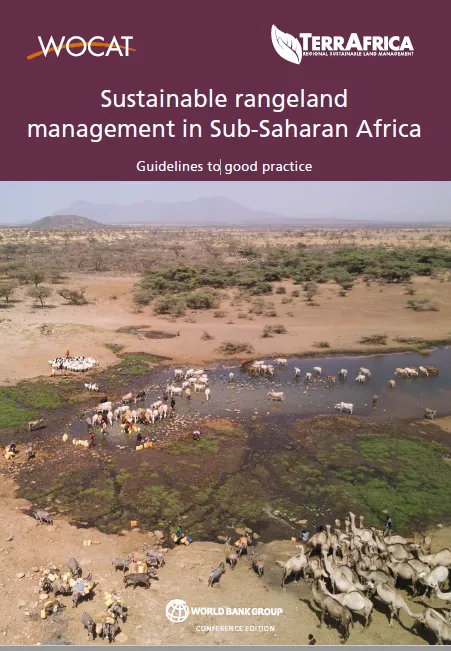
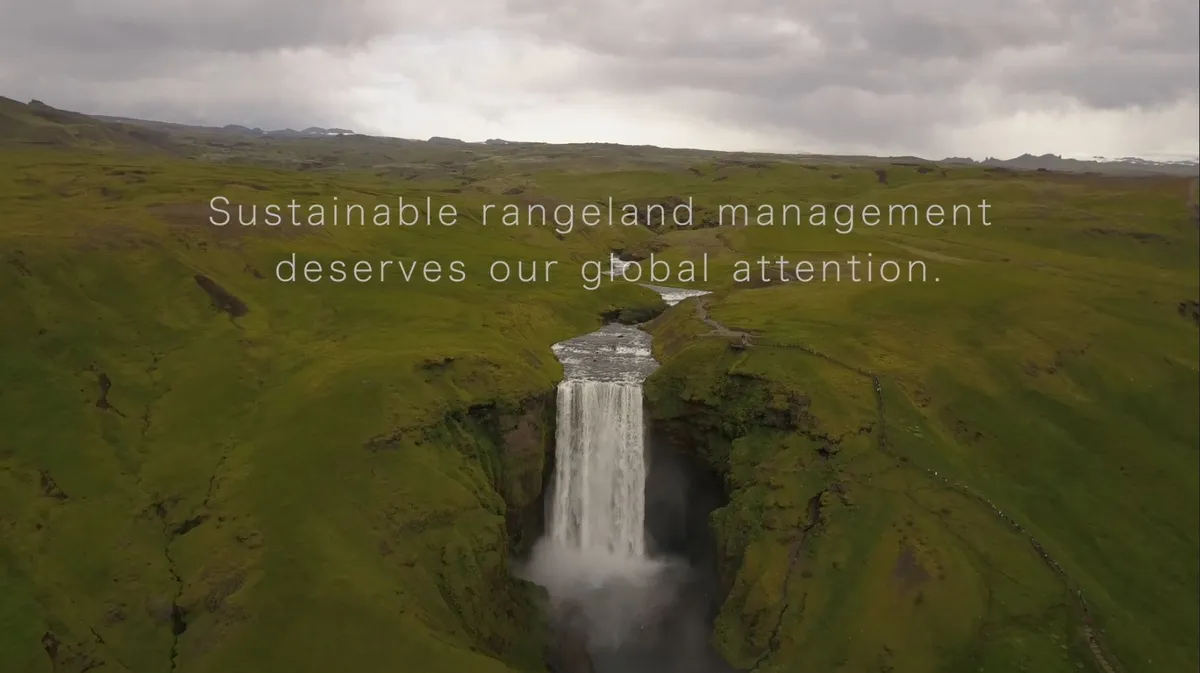
Countries
Contact
 Switzerland
Switzerland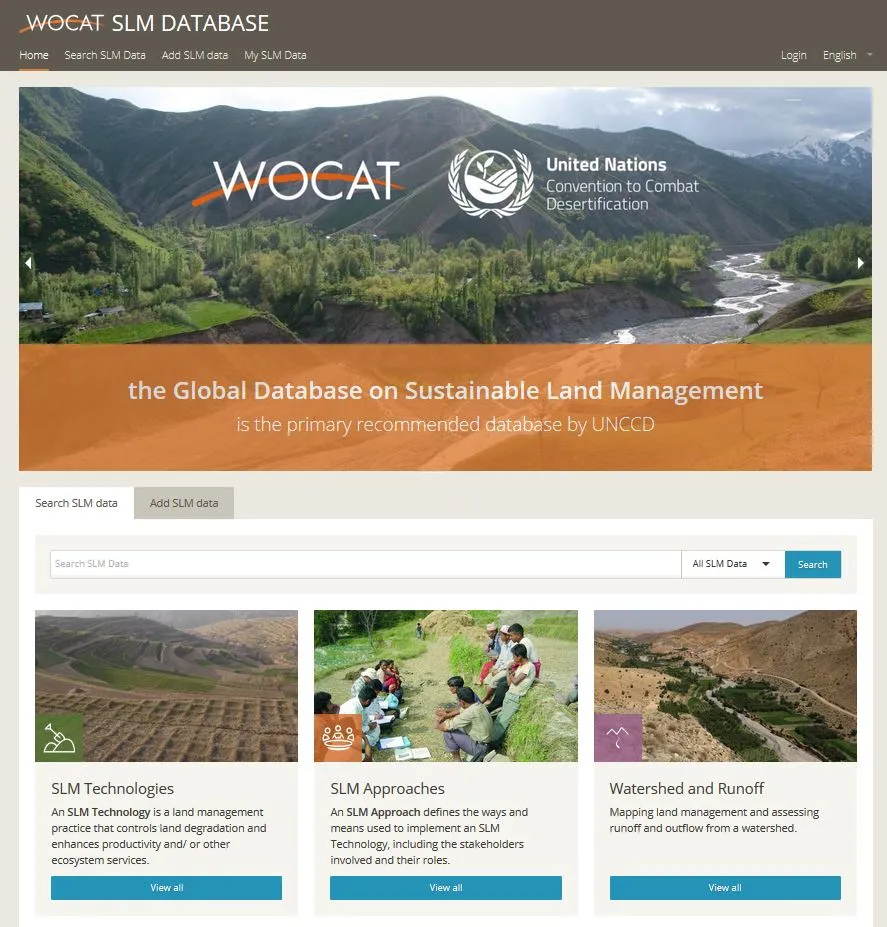
SLM practices documented within this project.
Project duration
2016 - 2017
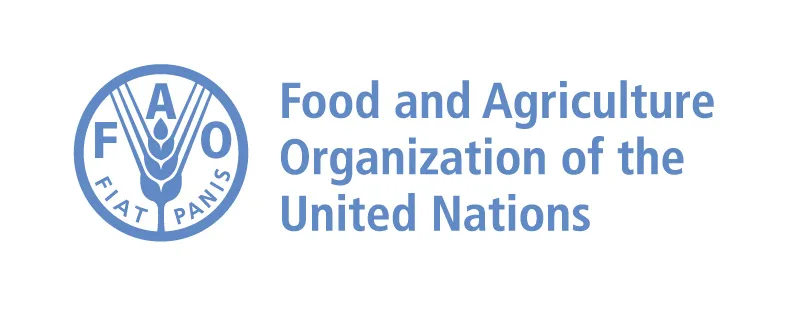
Food and Agriculture Organisation (FAO) - Pastoralist Knowledge Hub

International Union for Conservation of Nature (IUCN) - The World Initiative for Sustainable Pastoralism (WISP)
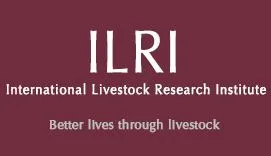
International Livestock Research Institute (ILRI)
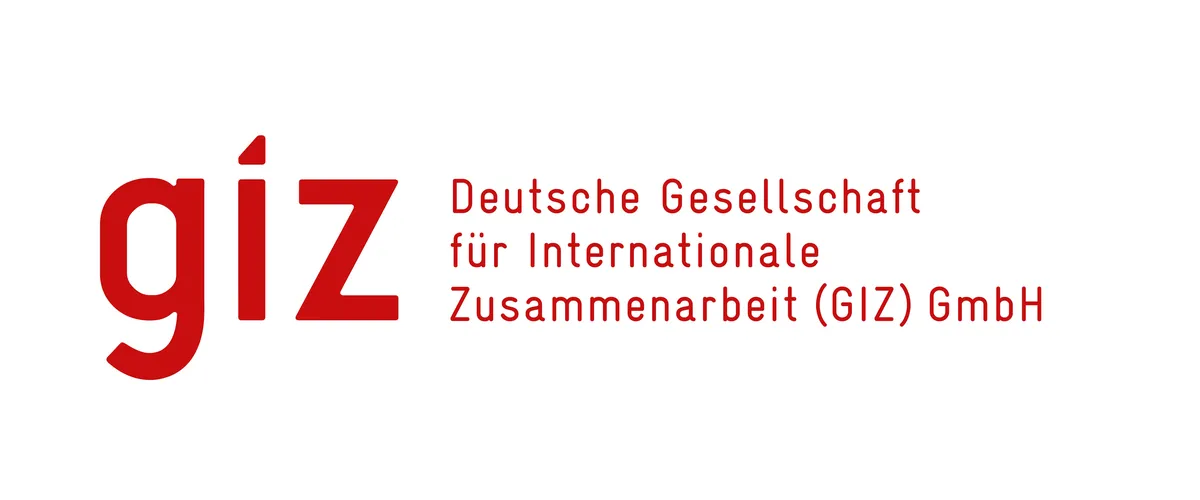
Deutsche Gesellschaft für Internationale Zusammenarbeit (GIZ)
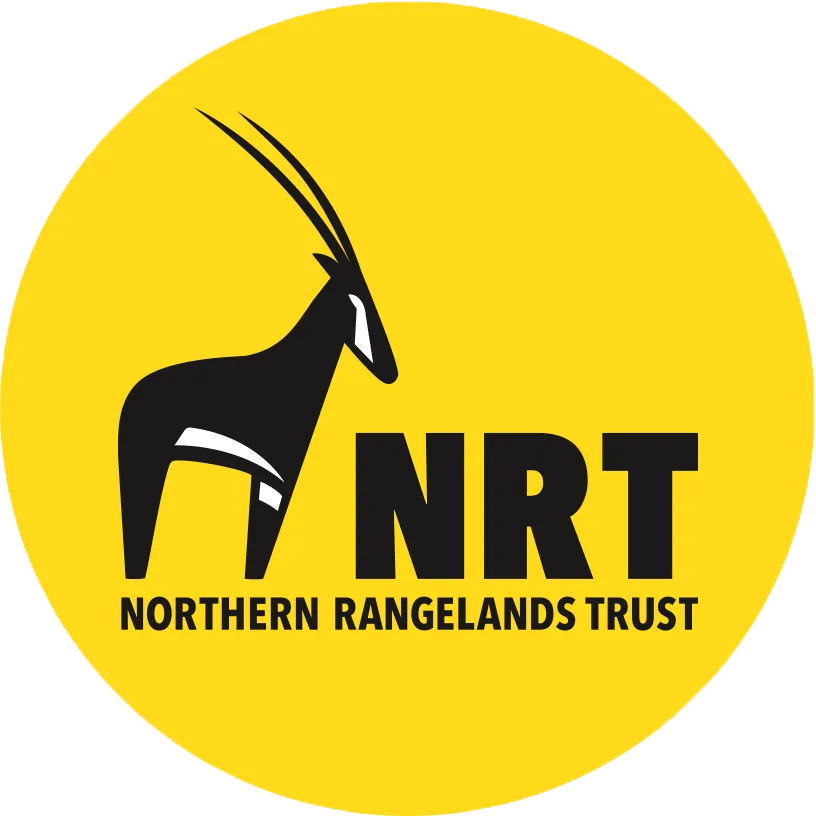
Northern Rangeland Trust (NRT), Kenya

International Institute for Environment and Development (IIED)

French Agricultural Research and International Cooperation Organization (CIRAD)

Centre International de Recherche-Développement sur l’Elevage en Zone Subhumide (CIRDES)
Institut de l’Environnement et de Recherches Agricoles (IN.E.R.A.)

Agriculture and Natural Resources Sciences, Namibia University of Science and Technology (UNAM)

Okavango Research Institute, University of Botswana (OKACOM)

University of Nairobi, Kenya
